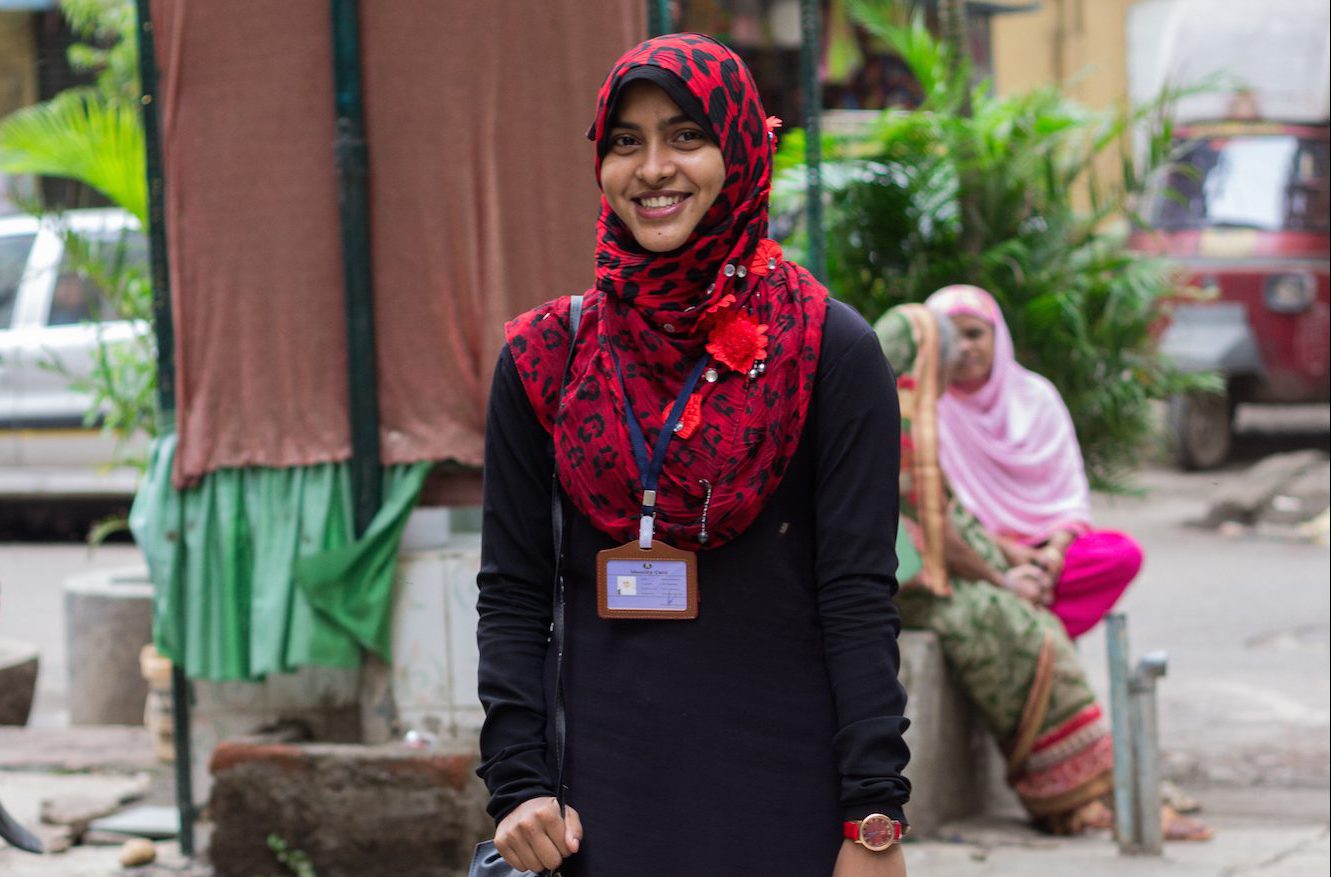When founded by a group of friends in 2002, who would have given a thought that Smile Foundation would help over 56,500 youth from backward communities across the country to get job opportunities in various sectors. We have collaborated with various industrial giants to ensure that job opportunities reach the marginalised.
Founded with a vision to bring comprehensive and sustainable changes in the lives of the underserved, Smile Foundation has evolved as a livelihood NGO over a period of time. Their constant work towards enhancing the economic well-being and socio-economic status of people through various interventions has helped them to attain the title. This evolution has taken place in addition to their immense contribution in the fields of education, health and women empowerment. What sets the foundation apart is their integrated approach, which focuses on long-term upliftment strategies.
What is the youth lacking to get jobs?
If one is well-aware of the country’s demographic dividend window, expected to last until the mid-2050s, they will know that breaking the cycle of inequality is not a cake walk. To connect the unemployed youth and the job providers, one needs to conduct studies at grass-roots levels and understand the missing pieces. The missing piece here is the lack of requisite qualifications and adequate training.
To bridge the gap, we mobilise the community to understand their willingness and then enrols them in the training courses of their choice of our livelihood initiative STeP (Smile Twin e-Learning Programme). Post-training, which lasts about four to six months, provides them with hands-on training to prepare them for workplace challenges and career guidance. Our role just doesn’t end there. We believe in going the last mile to give back to society by tying up with numerous companies and offering placement support. In most cases, we also provide post-placement support.
Our phenomenal partnerships steering our efforts
The livelihood initiative of Smile Foundation has over 74 skilling centers and has conducted over 800 career counseling and industry exposure sessions. Partnering with more than 400 giants from various industries, including the insurance, banking, and hospital sectors. Some of their employment partners are ICICI Lombard, BLK Super Specialty Hospital, HDFC Financial Services, HDFC Life, Venkateshwar Hospital, Fortis Hospital, and Apollo Pharmacy, we focus on driving down the unemployment rates in the country too.
Not just that, we have also partnered with several industry experts, including the Wadhwani Foundation, the NIIT Foundation and Tata Strive, to provide effective upskilling and vocational training. With the knowledge and resources they have acquired from their partners, the livelihood NGO has been constantly upgrading its curriculum in core employability skills, banking, financial services and insurance (BFSI), and digital marketing.
The partnership is indeed valuable to the trainees. For, it helps them understand the industry requirements and equip themselves with the skills in demand. Through such collaborations, we have facilitated job placements for trained candidates in companies like Quess Corp., Better Place and Teamlease. The foundation has trained over 90,000 youths till date, of whom over 56,500 have acquired job offers.
For instance, the livelihood NGO joined hands with Berger Paints in 2021 to support one of their upskilled training programmes – iTrain on Wheels – that is aimed at enhancing the skills of painters. In the year 2023, about 94,333 painters were trained at over 100 remote sites in 24 states through 19 iTrain vans. The programme not only concentrates on bestowing emerging painters with contemporary painting techniques but also focuses on existing painters to increase their employment opportunities.
Not just that, we have also collaborated with Amazon to create 21st century learning labs. The labs come in handy while providing hands-on training to trainees.
Recent skilling partnerships – Our work as a livelihood NGO
Our collaboration with the charitable wing of the Flipkart Group – the Flipkart Foundation – in 2023 will ensure that the trainees of Smile Twin e-Learning Programme (STeP) centers in Bengaluru will get adequate industry-oriented employability skills.
The foundation has also been empowering women to become skilled and financially independent through their women empowerment programme – Swabhiman. Under this programme, we provide entrepreneurship and skill development training to help women understand and implement the financial management, marketing and communication techniques required to scale up their businesses. Over 1000 women and adolescent girls were trained as change agents and about 54 women-led businesses and small enterprises were set up.
Transformation of women into decision-makers
The success stories that constantly emerge from the livelihood programmes of the foundation are testimonies to our impact on the ground. For instance, take the story of a young mother, Yashoda, from Karnataka. Her once-peaceful life turned bitter during the COVID-19 pandemic when her husband lost his job. Determined to fight the odds, she joined the NGO’s entrepreneur development training programme. Today, she, along with like-minded women from her community, has become a businesswoman who produces handmade organic cosmetics like kajal, bathing powder and tooth powder, among others. Now, she is not just financially stable but also wants to expand her business.
The story of Ritu is not very different. Caught in the vicious circle of poverty, Ritu’s life had become even more miserable when her father lost his job during the pandemic. Though she desired to study further, her family situation did not allow it. But she did not let her world end there. She had taken up core employability training under the STeP programme, she is now working at a retail clothing chain in New Delhi with expertise in fast fashion, including clothing, accessories and shoes.
The stories just don’t end here. For, the livelihood NGO has been pulling all the strings to create a visible and long-term impact on the livelihood of many more in the years to come. We invite corporates to join us in our skilling mission and provide training to the youth so that India becomes more than a progressive nation.
Mail us at: cp@smilefoundationindia.org




